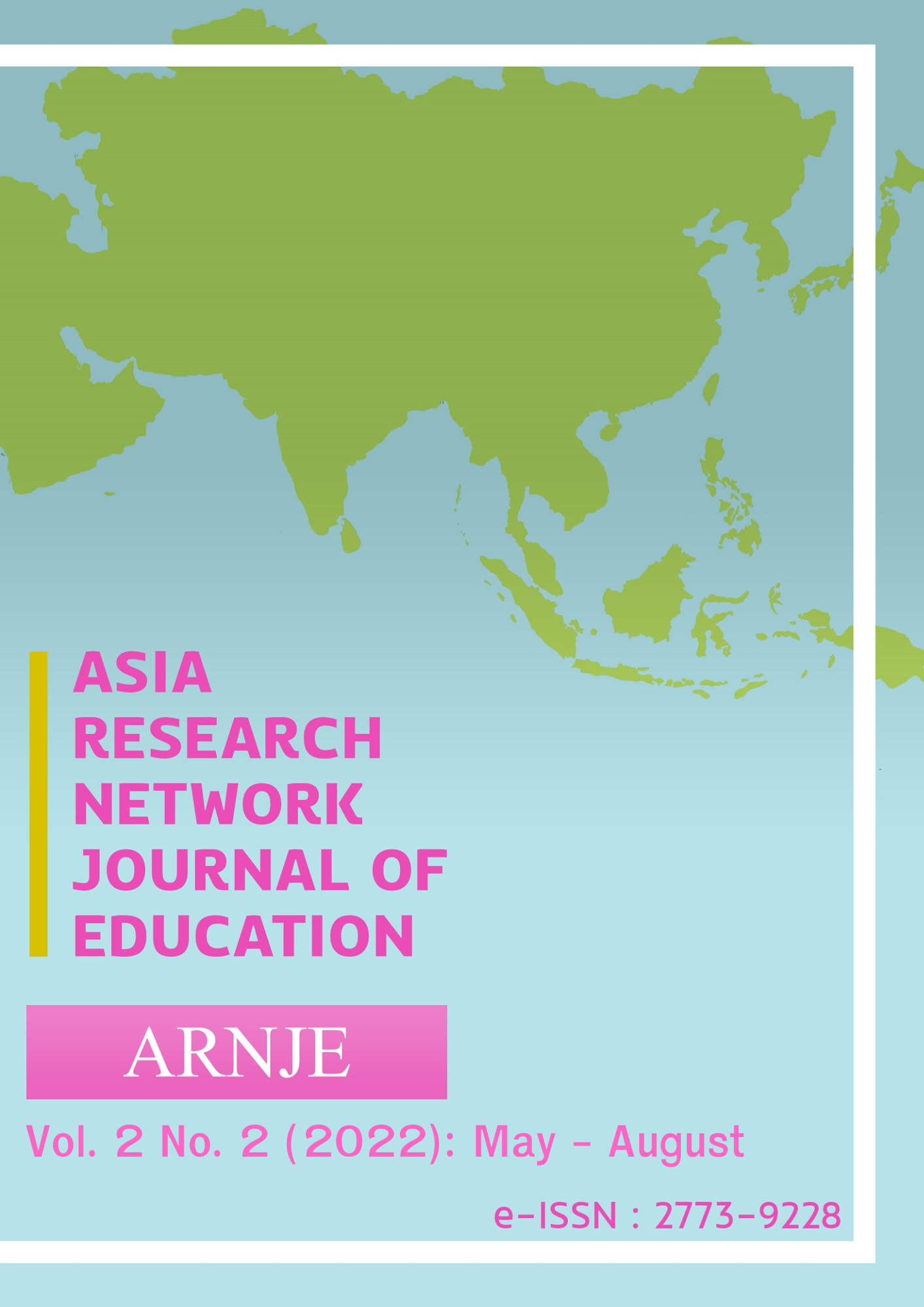Delivering Light Propagation, Refraction, and Reflection Learning Instructions Through a Teacher-Created Vodcast Embedded with Simulations
Main Article Content
Abstract
While literature suggests that video lectures or vodcasts may alleviate the disadvantaged situation of students under the modular distance learning modalities (MDLMs) that are implemented in the Philippines amidst the COVID-19 pandemic, there is no local purposive study examining the influence of vodcasts on science achievement. This study aims to develop a vodcast embedded with simulations on light propagation, refraction, and reflection as a supplementary learning material for the same lesson-content under the printed and digital MDLMs, to determine the achievement level of grade 11 Physical Science students in pre- and post-vodcast instructions, and to ascertain the usefulness of the vodcast as perceived by the student-respondents. The vodcast was rated as very satisfactory by 18 content and ICT expert-evaluators. The achievement level of the student-respondents improved from ‘did not meet expectations’ to ‘fairly satisfactory’ with the moderate normalized gain score of 0.46. The same student-respondents perceived the vodcast as very useful. Results suggest that the vodcast had a positive influence on the achievement of the student-respondents.
Article Details

This work is licensed under a Creative Commons Attribution-NonCommercial-NoDerivatives 4.0 International License.
Copyright: CC BY-NC-ND 4.0
References
Acal, E., Development of videotaped microlesson in Mendelian genetics. https://opac.msuiit.edu.ph/cataloging/servlet/presenttitledetailform.do?siteTypeID=-2&siteID=&includeLibrary=true&includeMedia=false&mediaSiteID=&bibID=172675&walkerID=1626050370321 (2010)
Bates, T. (2014). Is the ADDIE model appropriate for teaching in a digital age? https://www.tonybates.ca/2014/09/09/is-the-addie-model-appropriate-for-teaching-in-a-digital-age/
Coletta. V. P., & Steinart, J. J. (2020). Why normalized gain should continue to be used in analyzing preinstruction and postinstruction scores on concept inventories. Physical Review Physics Education Research, 16(2020). https://doi.org/10.1103/PhysRevPhysEducRes.16.010108
Johan, H., Sunhandi, A., Wulan, A. R., Sipriyadi, S., & Herawati, A. (2018). Enhancing mastery of earth science concept of prospective physics teachers through interactive conceptual instruction supported by visualization and grads. Jurnal Pendidikan IPA Indonesia, 4(2018), 435-441. DOI:10.15294/jpii.v7i4.9799
Larisma, C., Centillas Jr., C., Lumbay, C., & Pajaron Jr., G. (2017). Does vodcasting increase the achievement of the students in trigonometry of higher education institutions (HEI)? Journal of Social Sciences. 6(2), 34-40. https://ideas.repec.org/a/jso/coejss/v6y2017i2sp34-40.html
Molenda, M. (2015). In search of the elusive ADDIE model. Achievement Improvement, 42(5), 34-36. https://doi.org/10.1002/pfi.21461
Nwachokor, S., Onah, I., Uddin, P. (2019). Students’ perception of vodcast and podcast as instructional material. Traektoriâ Nauki = Path of Science. 5(6), 5001-5007. https://cyberleninka.ru/article/n/students-perception-of-vodcast-and-podcast-as-instructional-material/viewer
Pierce, R., & Fox, J. (2012). Vodcasts and active-learning exercises in a ‘flipped classroom’ model of a renal pharmacotherapy module. American Journal of Pharmaceutical Education. 76(10), 1-5. https://people.ok.ubc.ca/cstother/Instructional%20Design%20and%20Assessment.pdf
Salic-Hairulla, M. A., Agad, L. M. L., Pitonang, D. J. A., Terrado, T. F., & Yuenyong, C. (2019, October). Implementation of Webquest in teaching Circulatory System. In Journal of Physics: Conference Series (Vol. 1340, No. 1, p. 012061). IOP Publishing.
Siahaan, P., Suryani, A., Kaniawati, I., Suhendi, E., & Samsudin, A. (2017). Improving students’ science process skills through simple computer simulations on linear motion conceptions. Journal of Physics: Conference Series. 812 (2017). doi:10.1088/1742-6596/812/1/012017
Suanse, K and Yuenyong C. (2021). Development of the analytic geometry flipped classroom teaching model through Google Classroom. Journal of Physics: Conference Series 1835 (1), 012077
Tadena, M. T. G., & Salic-Hairulla, M. A. (2021, March). Raising environmental awareness through local-based environmental education in STEM lessons. In Journal of Physics: Conference Series (Vol. 1835, No. 1, p. 012092). IOP Publishing.
Tecson, C. M. B., Salic-Hairulla, M. A., & Soleria, H. J. B. (2021, March). Design of a 7E model inquiry-based STEM (iSTEM) lesson on digestive system for Grade 8: An open-inquiry approach. In Journal of Physics: Conference Series (Vol. 1835, No. 1, p. 012034). IOP Publishing.
Thomson, N. A. (2009). Classical item and test analysis with CITAS. [PDF]. http://www.assess.com/docs/Thompson_(2009)_-_Classical_Item_Analysis_with_CITAS.pdf


